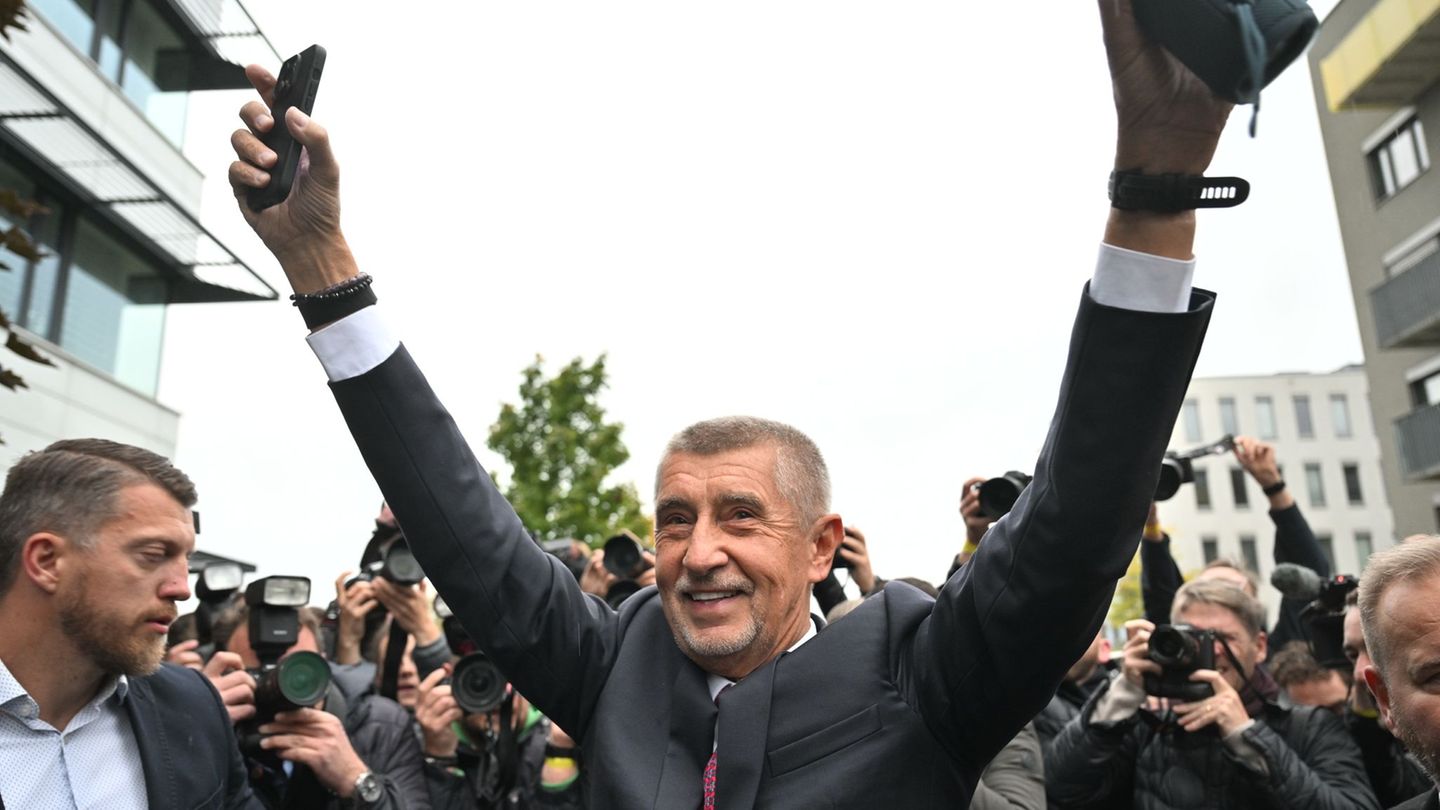If someone were to ask me how they can most effectively contribute to global warming in their private lives, I would have to recommend air travel. There’s no more cost-effective and time-saving way to ruin your personal carbon footprint than boarding a plane for fun. (Very few of us fly for work.)
It is about the following dimensions: Ten years ago, the governments of this world agreed in Paris to keep global warming well below two degrees Celsius. To do that, we need to reduce our global carbon footprint to 2.5 tons per capita per year. The window of time we have left is closing with alarming speed. Most recently, less than ten years was mentioned.
But just a return flight from Vienna to Greece causes around 1.2 tons of CO2 per passenger. Anyone who flies to New York contributes six tons to greenhouse gas emissions, a trip to India causes 7.5 tons of CO2 and a trip to Australia almost 13 tons.
Walking is part of nature
But let’s look at the other end of the scale of all modes of locomotion. And you will guess it: The most climate-friendly way to get from A to B is to walk. Walking is natural to humans. With the emergence of Homo sapiens, the development of the upright gait was at the very beginning. Walking is the way of moving through the world that does not harm nature, because walking is part of nature.
It was said that I should work on the topic of “walking” here in my capacity as OÖN climate monk. My colleagues in Linz must have thought: “He wants to protect the climate, so he has to walk a lot. The climate monk should also write a contribution.”
I like doing that, but I have to disappoint. I don’t walk any more than anyone else. The reason: I’m the one with the bike.
But because so many paeans have been sung about walking in this series, and because this is its final installment, allow me to conclude by expanding the term “walking” a bit: let’s think of walking as an encounter with this world, the latter is appropriate. Which doesn’t harm you – and is even good for us.
In this sense, cycling is also walking. (But I was lucky again.) Whoever experiences the world in the saddle becomes a part of it, has to make an effort, feels the wind and smells the blooming rapeseed. Sometimes he gets wet too.
Taking it a step further, walking could also mean touring in the mountains in winter or simply hiking where there is no snow – instead of warming up on electrically heated gondola seats and sharing dreary artificial snow bands with drunk skiers. The snow cannons in the Alps now need as much electricity per year as 130,000 four-person households.
But let’s go one step further: Walking could also mean eating meat only on special occasions. Meat was once something precious. My ancestors had a stable full of animals, but meat was only served on Sundays and public holidays. Today, meat is thrown out among the people at junk prices. If you only pay three euros for a kilo of minced meat in the supermarket, you don’t want to have to look the farmer in the eye. And better not into that of the sentient being who was fattened and killed for us.
And while we’re on the subject: walking could also mean not buying groceries in discount stores, but directly from farmers in the neighborhood. The possibilities for this are becoming more and more diverse. There are farmers markets, farm shops, food coops, online direct marketing and much more.
Reading instead of streaming is also “walking”
In the end, couldn’t walking also mean reading more than streaming? Talking to each other more instead of flooding anti-social networks with self-portrayals? Could walking mean taking more time to cook again? Proud to harvest your own lettuce in the raised bed?
Maybe you can guess what I’m getting at. I would like to invite you to understand our series on walking in a larger context. It’s also an opportunity to rethink our lifestyle – and I say “us” consciously because I include myself. In case you’re curious, I still eat too much meat, am a consumer idiot in general, and a prisoner of the Apple universe in particular. To date I have not managed to reduce my own CO2 balance to 2.5 tons per year. I’m currently hovering around at least five tons. As a climate monk, I’m still going through. I would be out of place as a missionary. (I don’t like missionaries anyway.)
But what I found out: Those who try to protect the climate and – to stay with the metaphor – rediscover walking also live more sustainably in other ways. For example, he lives healthier, more socially acceptable, and he strengthens regional economic cycles. Above all, he gains in quality of life.
Act instead of despair
But the best thing is that each of us has countless opportunities to start with ourselves. Even if they are small steps and nobody is perfect. But no one is powerless either. It’s cheap to sit in front of the television and complain that politicians aren’t finally taxing aviation fuel adequately. The first step could be simply not to fly. (Incidentally, of all political groups, Green voters are the most avid collectors of airline miles. What gives to think about it.)
We have alienated our planet over the past 150 years – and increasingly rapidly after 1945 – and are now realizing that we have exceeded the limit of what it can endure. We consume more resources than the earth can give. Because energy is at its cheapest in human history (yes, even now), we obscenely waste it. For example on the streets. We are wiping out animal species at a rate and rate never before seen.
You could also simply say: we have forgotten how to walk a little. The climate crisis is an opportunity to rediscover it. We can only win at this. Therefore: Go!
Source: Nachrichten




